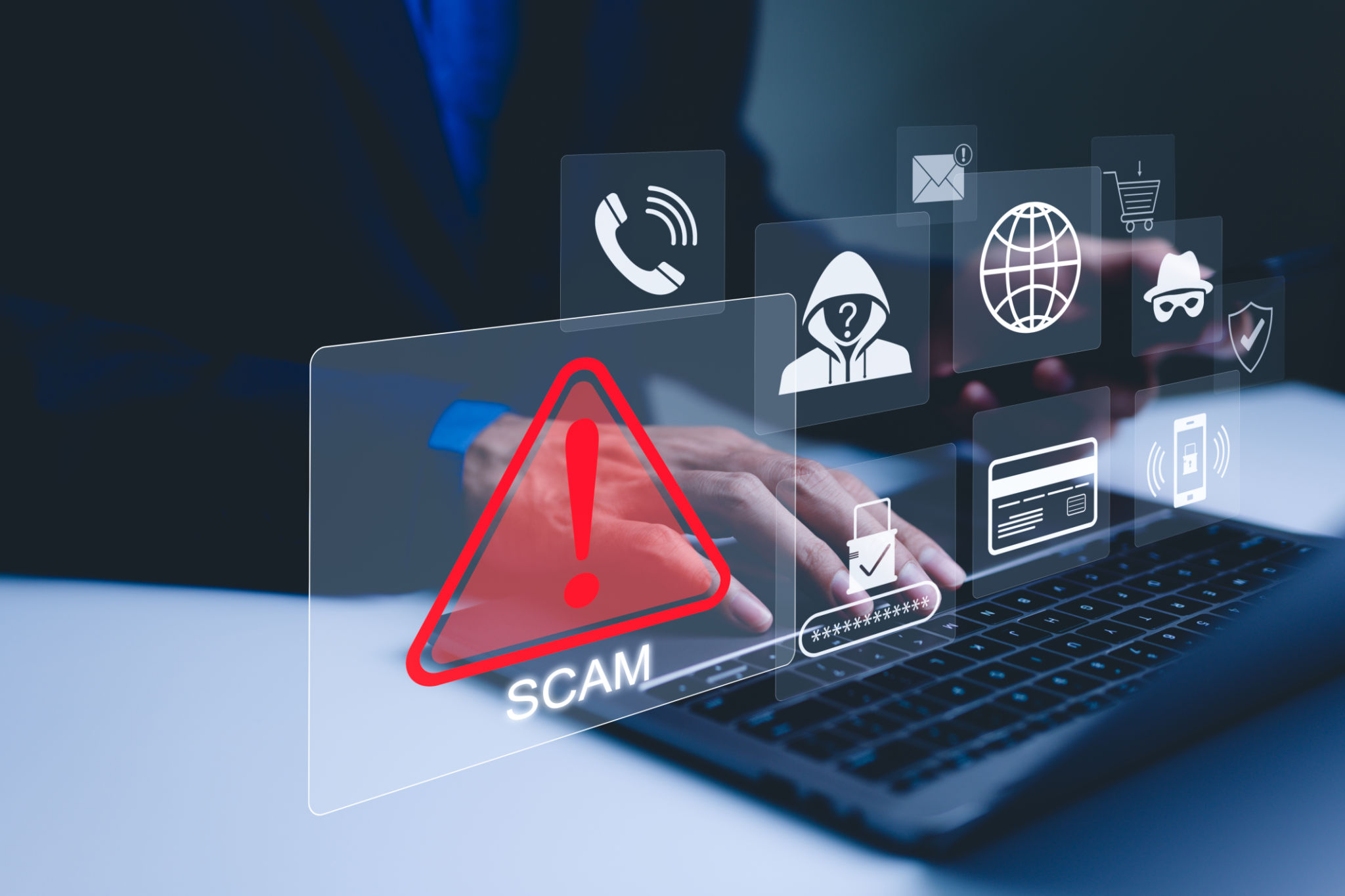Why Sometimes You Just Need Someone to Listen
The Power of a Listening Ear
In our fast-paced world, it's easy to feel like we're constantly on the go, with little time to pause and reflect. Having someone who simply listens can be a profound source of comfort and relief. In moments of stress or uncertainty, the act of sharing your thoughts with another person can provide clarity and solace.
The presence of a compassionate listener can transform feelings of loneliness or overwhelm into a sense of connection. When someone listens without judgment, it allows us to explore our emotions freely, often uncovering insights we might not have realized on our own.

Why Listening Matters
Listening is more than just hearing words; it involves being fully present and engaged in the conversation. This kind of active listening validates the speaker's feelings, showing them that their thoughts and experiences are valued. This validation is crucial in building trust and strengthening relationships.
Moreover, being listened to can reduce stress and anxiety. When we hold onto thoughts and emotions without expressing them, they can become overwhelming. Sharing these feelings with a trusted listener can lighten the load, allowing us to breathe a little easier.
How Listening Benefits Both Parties
Interestingly, the benefits of listening extend beyond just the speaker. For the listener, actively engaging with another person's experiences can foster empathy and deepen their understanding of others' perspectives. This exchange helps build emotional intelligence and can improve communication skills.

In addition, being a good listener can enhance personal and professional relationships. It demonstrates patience and respect, qualities that are highly appreciated in any interaction. When both parties feel heard and understood, it fosters a mutually supportive environment.
Tips for Effective Listening
Becoming a better listener requires practice and intention. Here are some tips to help you get started:
- Focus fully on the speaker: Avoid distractions and give your full attention to the person speaking.
- Acknowledge their feelings: Use verbal affirmations like "I understand" or "That sounds difficult" to show empathy.
- Ask clarifying questions: This demonstrates interest and helps ensure you truly understand their perspective.
- Resist the urge to offer solutions: Sometimes people just need to vent or process their emotions without receiving advice.

The Healing Nature of Being Heard
Ultimately, having someone listen can be incredibly healing. It provides a safe space for individuals to express themselves without fear of judgment or criticism. In this space, they can explore their thoughts and emotions, often leading to personal growth and self-discovery.
The next time someone reaches out to you to talk, remember the power of listening. Offering your time and attention might be exactly what they need to navigate their challenges and find peace in their journey.